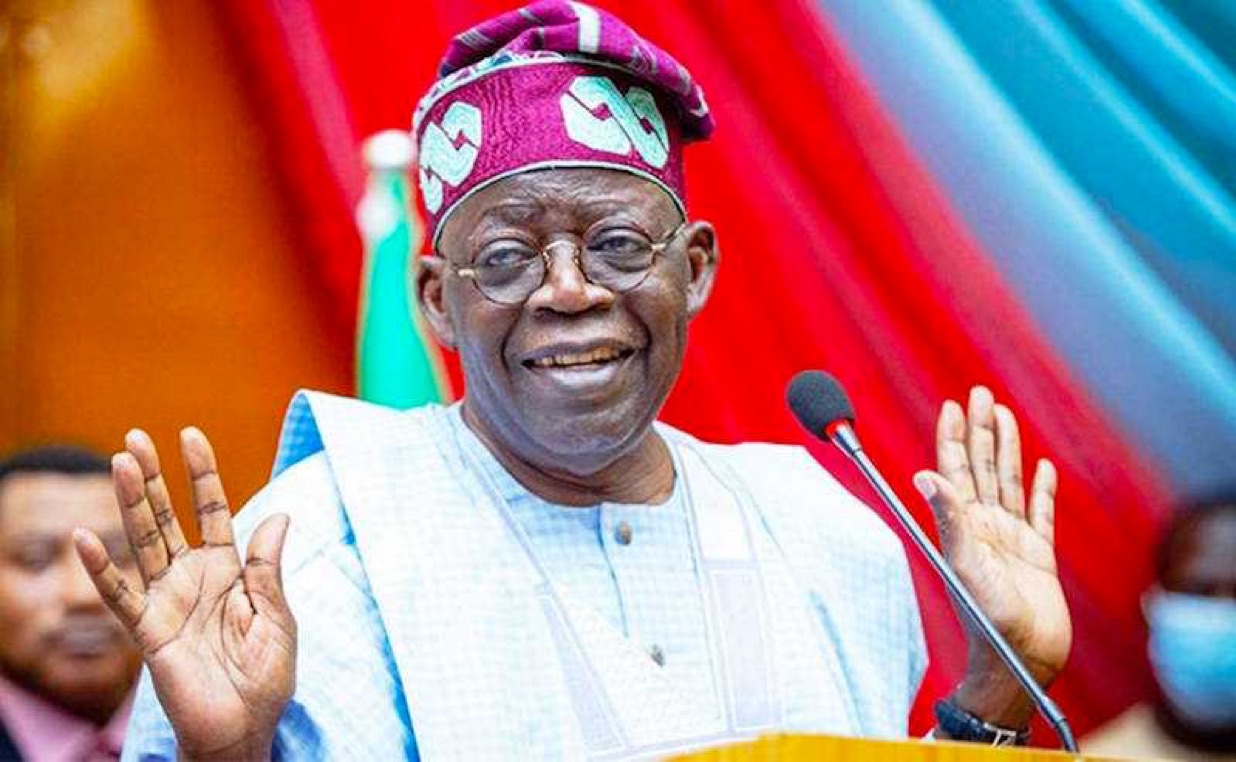

In a bold and confident statement that signals a turning point in Nigeria’s challenging economic journey, President Bola Ahmed Tinubu has declared that the country’s economic reforms are beginning to bear fruit, affirming that “the worst is behind us.” This declaration comes amid growing signs of stabilization in key economic indicators, bolstered by recent reforms aimed at reviving Africa’s most populous nation and largest economy.
Speaking to a cross-section of Nigerians during a nationally broadcast address, President Tinubu expressed optimism that the painful sacrifices endured by citizens over the past year are not in vain. “Our economic reforms are working for Nigeria,” he said. “Yes, the path has been difficult. Yes, there have been moments of hardship. But I stand before you to say with confidence: the worst is behind us.”
His remarks come at a time when Nigeria’s economic landscape is undergoing a seismic shift. Following the removal of fuel subsidies and the unification of exchange rates, Tinubu’s administration has taken aggressive steps to dismantle structures that many economists had long argued were unsustainable. These moves, though widely criticized at their inception for their immediate impact on the cost of living, are now being credited for laying the foundation of a more resilient and transparent economy.
The reforms, spearheaded under Tinubu’s Renewed Hope agenda, have seen Nigeria move away from decades-long dependence on oil subsidies that cost the country trillions of naira and enriched a small elite at the expense of broader national development. By removing this financial burden, the administration has freed up resources for infrastructure, healthcare, and education, sectors that had long suffered from underinvestment.
The Central Bank of Nigeria (CBN) has also undertaken significant monetary policy adjustments, including interest rate hikes aimed at curbing inflation and stabilizing the naira. In recent months, the naira has shown signs of steady recovery in the foreign exchange market, and foreign investors are beginning to regain confidence in the Nigerian economy. According to data from the Nigerian Bureau of Statistics, inflation has begun to ease marginally, offering some relief to consumers battered by months of soaring food and fuel prices.
International observers have taken notice. Several multilateral institutions, including the International Monetary Fund (IMF) and the World Bank, have cautiously praised Nigeria’s reform efforts, noting that while short-term pain was inevitable, the structural changes were necessary and long overdue. The IMF recently revised Nigeria’s growth projections slightly upward, citing improved investor sentiment and a more coherent fiscal policy framework.
Still, the road to recovery has not been smooth. The effects of subsidy removal and currency devaluation were immediate and deeply felt by millions. Transport costs soared, food prices doubled in many regions, and the purchasing power of the average Nigerian plummeted. Protests erupted in major cities, with labor unions staging walkouts and demanding better wages to match the new economic realities. Yet, even amid these tensions, the Tinubu administration remained steadfast, urging Nigerians to endure the short-term difficulties for the sake of long-term gains.
President Tinubu’s government has rolled out several palliatives and intervention programs aimed at cushioning the most vulnerable citizens from the brunt of these reforms. Initiatives such as conditional cash transfers, food distribution efforts, and small-scale business grants have been launched to provide immediate relief. Though these measures have faced criticism for their limited reach and implementation challenges, they reflect an awareness within the administration of the need to support citizens through the transition.
In his address, Tinubu acknowledged the struggles faced by everyday Nigerians but emphasized that change of this magnitude could never be painless. “I will not pretend that the journey has been easy,” he said. “But we must not lose sight of the destination. Our economy was sick—dependent, corrupt, and weighed down by decades of inefficiency. Today, we are performing the necessary surgery to make it healthy again.”
The President's message also highlighted emerging sectors that are showing promise, including digital technology, agriculture, and renewable energy. With youth unemployment still a pressing concern, the government has introduced initiatives to promote entrepreneurship and skill acquisition, aiming to create a more diversified and knowledge-driven economy. Tinubu noted that for Nigeria to truly rise, it must invest in the energy and ingenuity of its young population.
His administration has also taken steps to strengthen Nigeria’s partnerships abroad. Recent trade talks with China, Germany, and the United Arab Emirates have opened new doors for investment and infrastructure development. The resumption of major railway and highway projects signals a renewed focus on connectivity and national development, seen as critical components for economic expansion.
Despite these strides, critics remain cautious. Opposition leaders argue that the government's optimistic tone does not match the lived experience of many Nigerians still grappling with daily hardships. Civil society groups have urged for greater transparency and accountability in the disbursement of intervention funds, warning that unless the reforms are managed with fairness and inclusion, public confidence may erode.
Nevertheless, Tinubu’s declaration that “the worst is behind us” marks a significant moment in Nigeria’s post-pandemic recovery narrative. It signals a leadership that is betting on resilience, reform, and renewal, even as it grapples with the complex realities of governing a diverse and dynamic nation.
As the President wrapped up his address, he issued a rallying call: “Let us walk this road together, not with fear but with faith. Let us look ahead—not to despair, but to determination. We are building a new economy for a new Nigeria, and I assure you, we will get there.”
For millions of Nigerians, these words may offer a glimmer of hope. For others, they will be measured against the daily cost of living, the availability of jobs, and the true pace of recovery. Yet, one thing is clear: Nigeria has turned a corner, and its future now hinges on how well it navigates the path laid out by its bold and often controversial economic reforms.


